
Innovative Architecture and Avant-garde Design in Barcelona
Interiors Magazine
Thanks to Interiores magazine for highlighting my work and recognizing me as a "new #talent." My sources of inspiration are, indeed, Japanese and Mexican residential architecture for their understanding of space and light. Added to this is my interest and experience in Smart Homes, incorporating technology for comfort and well-being in our #homes.
If you'd like to learn more about different projects I've completed for clients, I invite you to visit my website: www.drvarquitectos.com. For any questions, please contact info@drvarquitectos.com. I'll be happy to assist you.
September 15, 2021
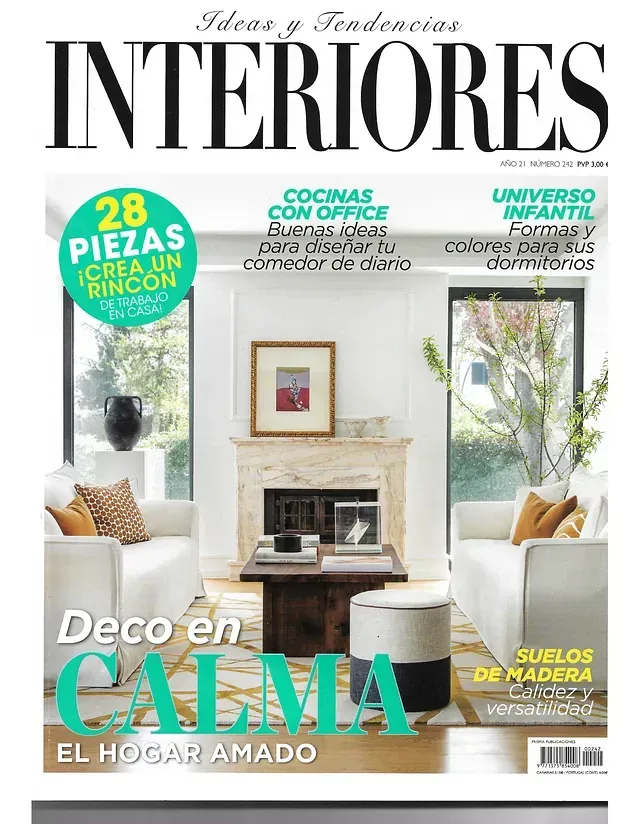
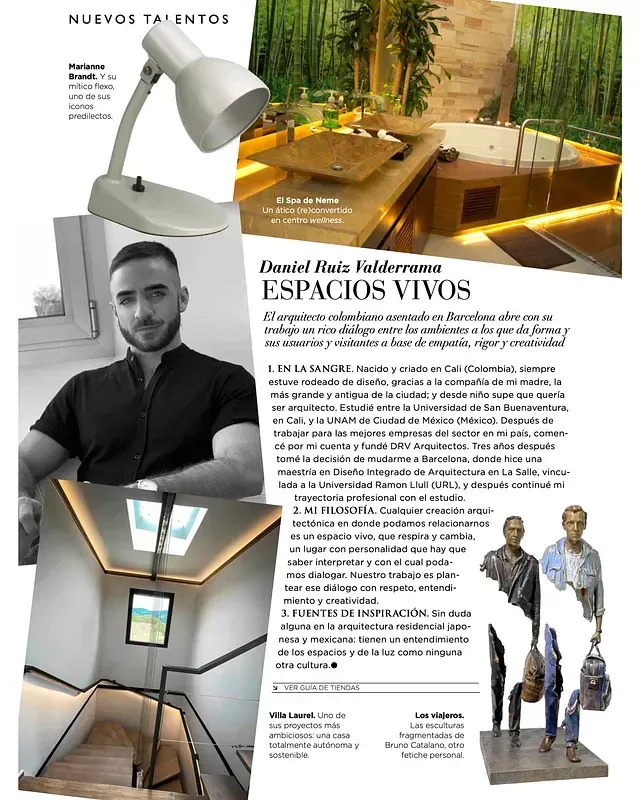

Home automation, the revolution shaping our future – Article by El Economista
Turning our house into a smart home has many advantages. One of them is the ability to customize the spaces according to our tastes.
Another major benefit is energy savings. In fact, it's the most well-known benefit of a smart home, thanks to #home automation. Furthermore, when you make the transition from a conventional home to a smart home, you're also investing in energy efficiency on a social level, in the #sustainability of the planet, and contributing your part to a better future.
Are our homes ready for teleworking?
Are our homes ready for teleworking?
The rise of remote work is a reality we are experiencing as a result of the pandemic. According to estimates by various experts, #remote work will represent nearly 50% of employment in Spain within a decade, although a high percentage will work in a mix of in-person and remote work.
What contributions or ideas can #architecture and #home automation offer to create healthy and efficient #homes that adapt to this situation?
In this audio recording of the Catalan talk show "De boca a orella" (RNE, Ràdio 4 Catalunya), you can hear some of my suggestions:
I would like to thank presenter Silvia Tarragona and the #radio team for participating alongside Sonia Hernández-Montaño Bou, architect and coordinator of the #Health Working Group of the #COAC (College of #Architects of Catalonia - Col.legi d' #Arquitectes de Catalunya), Jorge Moraleda, head of collective bargaining for the CCOO union of Catalonia, and Jordi Sabater, technical secretary of the Spanish Home Automation Association (CEDOM).
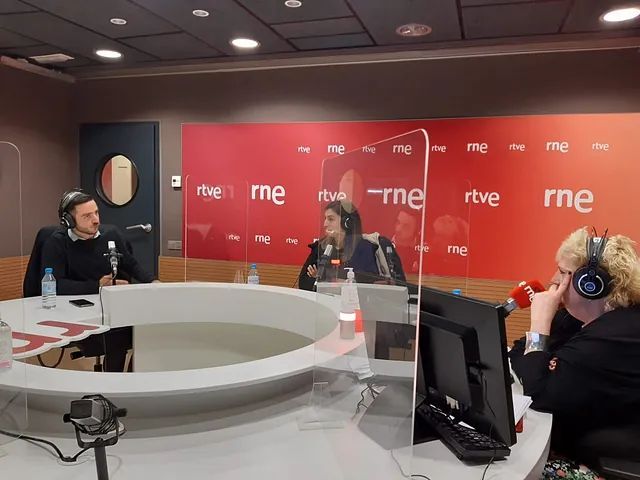

Appearance on La Metro, TVE-2 Catalunya, 2-12-2020
The Catalan real estate market has recovered 17% in recent months compared to the beginning of 2020, according to a study by the Association of Real Estate Agents.
#Housing has completely changed, not only in terms of buyers' tastes—more spacious, with more natural light, and a terrace or balcony—but also in changing the way we live as a result of lockdown and the increase in #teleworking.
There are several options. Thanks to #home automation, you can digitize every space in your home, save energy, improve your health, monitor your home, and control all your functions through motion, voice assistants, or your mobile phone. We are in the era of the "Smart Home."
I explain it a little in this report from the Catalan program “La Metro” (2-12-2020) on TVE Catalunya, which is part of Televisión Española.
I believe that the benefits of incorporating home automation into the home are multiple, and it is becoming increasingly affordable.
I am at your disposal for any questions.
www.drvarquitectos.com

The Furniture – Article
Today, homes are undergoing a massive transformation in their uses and meanings due to the current social and health situation. Home has ceased to be a place to sleep and store our belongings and has become the center of our lives.
Now we not only live at home, but many of us also work from home, socialize with friends, and even exercise from home.
By moving almost all of our activities to our homes, energy and utility consumption has increased considerably. This has had a direct impact on our wallets. This has caused us to reflect on: What is our home really all about? How can we manage it better and how can we transform it to make it a reflection of our personality? Why does my home use so much?
According to Daniel Ruiz Valderrama, founder of DRV Arquitectos and a home automation expert, our homes can offer greater energy savings, become more efficient, and help make managing this change a little easier. Here are some tips:
1: Change the way your lighting works by replacing bulbs and lights with LED technology.
LED bulbs are now available in any light temperature (cool or warm) and any color. They offer higher quality light, longer life, and lower power consumption. Plus, these bulbs can be controlled via a mobile app. With this app, you can automate their operation or easily integrate them with wireless smart home systems.
2: Non-essential places in our home.
There are places in our homes that are just for circulation, for passing through. These are places where we don't stop to do anything; we walk through them to get to another place, like stairs, hallways, foyers, etc. In these places, we can replace the traditional light switch with one that has a built-in motion sensor. This way, the light will be on only when we walk through them and for the time it takes us to cross them, minimizing the energy consumption this space represents in the overall household expenditure.
3: Holidays and specific times of the year. Christmas often sees a spike in electricity bills due to the use of Christmas lights, garlands, and decorative objects left on every night. Nowadays, we have an option to mitigate this: the use of mini solar panels at home, which can be easily purchased at any electrical supply store or on e-commerce platforms.
This resource is ideal for lighting terraces, balconies, and, in general, any outdoor space that receives direct sunlight, as they are very small and can be placed anywhere to charge during the day and illuminate at night. We can also use this to illuminate our homes, using nothing but the sun to give our homes a Christmas atmosphere.
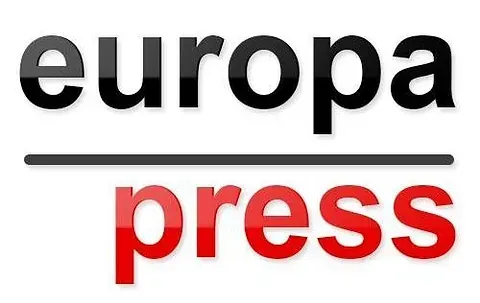
Europa Press Interview
Digitizing a home or considering integrating your home with technological strategies is now not only a reality, but also remarkably easy. The question that quickly comes to mind is: How can I digitize my home?
The first thing to understand is that today you can digitize, automate, or schedule everyday activities in your home, such as cleaning, lighting and temperature control, appliance control, audio and video, etc. Any activity you want to do in your home can now be done digitally using voice commands, gestures, and sensors.
At DRV Architects, we would say that the most important thing when deciding to digitize your home is to keep the following in mind:
1: What do we want to digitize?
Do I want to control the lighting, integrated music throughout the home, appliances, etc.? The entire home can be digitized, but sometimes it's advisable to make the change in parts or spaces to allow us to gradually get used to our home reacting to us.
2: How do we want to control our home? We can control our home with voice commands, gestures, motion sensors, or automation. We don't just have to choose one of these strategies; they're compatible with each other and can be combined depending on how we use each space.
Once you've defined how you prefer to control your home, you can then come up with a highly personalized proposal for the person who lives there.
3: What am I going to use each space in the house for? The interesting thing about this proposal is that through technological strategies, different environments can be generated in the same space, which allows its inhabitants to change uses, change their mood, and generate quick and easy transformations to the spaces, making them adapt to our needs.
By defining what I want to digitize, how I want to digitize it, and what uses I want to give to each space, the necessary devices would then be chosen to make this a reality, always considering the budget limitations that the interested party may have.
EVERYTHING IS POSSIBLE WITH HOME AUTOMATION. Home automation began in Spain around 1990, when the first initiatives and research began, primarily by the Cerdà Institute. At the beginning, public interest in implementing the technology was very low because progress was slow and research was minimal.
According to Dealer World Magazine (Digital Edition), the Smart Home market is growing at a rate of 22.3% worldwide, and it is expected that 20% of Spanish households will have at least one connected device by 2024.
In figures, the global market for connected home devices was valued at over €50 billion in 2018. Forecasts place the figure at over €80 billion for 2020, with annual growth expected at 22.3% to reach €140 billion by 2024.
HOME AUTOMATION IN SPAIN Spain is emerging as one of the most important markets for connected home devices. “We have seen the growing and rapid implementation of the smart home across Europe, but especially in Spain. Although we entered the Spanish market in the second half of 2019, this country accounted for 10% of Nuki's total sales,” explains Martin Pansy, CEO of Nuki, a smart lock manufacturer.
By 2024, the Spanish market is expected to grow by 300% compared to 2018 figures, reaching a market of over $1 billion within three years. Sales of smart devices designed to protect access points, secure doors and windows, and monitor the environment will grow by 67% to reach $241 million in 2024. Currently, half a million homes have a smart security solution, while by 2024 this figure will triple to 1.5 million.
On the other hand, there are various associations, public entities, and non-profit business groups whose main objective is the implementation and innovation of Spanish companies in the field of home automation.
Although the number of smart homes in the country currently differs significantly compared to other countries, there is no doubt that in the next ten years, the digitalization of spaces will be an added value in all construction projects.
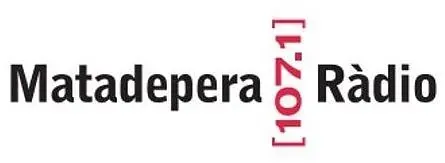
FIVE CENTS OF ALL radio matdepera
I would like to thank Mercedes Collantes for participating in the Catalan program "Cinc cèntims de tot" (Five Cents of Everything) on Radio Matadepera. It was an opportunity to explain the advantages of the smart home, making the most of space, energy efficiency, sustainability, and comfort. Due to the pandemic, renovations and home improvements are accelerating, which is also an opportunity for the digital transformation we are immersed in.
Here's the link to the radio program where you can listen to and download it. Also participating in the discussion were professionals Mónica Peláez Cadena, founder of Alkaravan Design, and Nacho Bordanove, Contract Manager for Europe and North Africa at Floover, whom I know and have the pleasure of collaborating with.

39ymas – Benefits of a “Smart Home”
On November 13, 2020, we had the honor of being featured in "39ymas – The Online Magazine of Today's Woman." In this article, we discuss the benefits of a smart home, define what home automation is, and relate it to the benefits it can bring to something very trendy: teleworking.
We leave you with the article, one of the most interesting we have been able to write.

Radio Ona Sants – The present is called woman
What is a smart home? How is it created, and what devices are used? How can #aromatherapy and #chromotherapy be incorporated into our homes?
I invite you to listen and learn more about these topics in the podcast of the radio program #Elpresentesellamamujer directed by Mª José Segura in #OnadeSants, together with our partner in #environmentalhealth #MónicaPeláezCadena from Alkaravan Design
It's important to start learning about the benefits of home automation, what you can and can't do, and, above all, how you can improve your quality of life and enhance your well-being. Ultimately, our home should be a reflection of our personality and a place where we can live comfortably.
Make your dreams or projects come true with our team of professionals.



